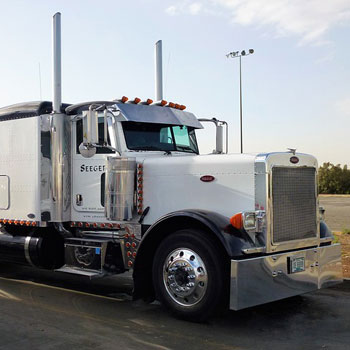Bobtail/Non Trucking
Non Trucking Liability offers liability coverage for property damage or bodily injury to a third party while you are using your truck for non-business purposes.
Non-Trucking Liability offers:
- Bodily Injury and Property damage Liability
- Medical payments/Personal Injury Protection (if required by state law)
- Uninsured/Underinsured Motorist coverage (if required by state law)
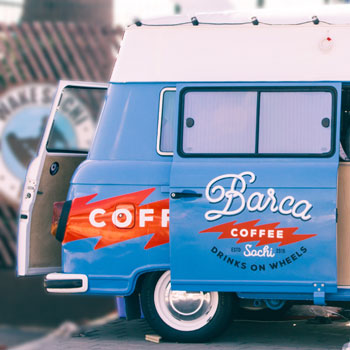 Business/Commercial Auto
Business/Commercial Auto
Two policy forms are available to the trucker for liability insurance. Business auto covers truckers or companies that haul their own products. Commercial auto covers the trucker hauling “for hire”.
The state of Texas dictates the basic coverages, but a few companies have automatic liability deductibles, stated radius limitations, and other limitations.
Texas approved the truck policy that ISO uses in the rest of the states a couple of years ago, but did add a few modifications to this ISO policy.
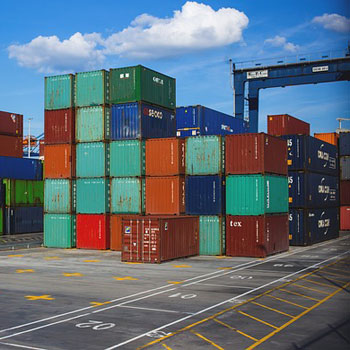 Cargo
Cargo
Cargo (Inland Marine) policies are used to insure goods for loss or damage to the goods during shipment. All carriers of goods for hire, are bailees and have a duty towards the property entrusted to their care. The carrier is liable for the goods from the time it receives them until they are delivered to their final destination.
There are vast differences in the coverage of cargo policies issued by different companies. Be sure to check exclusions and limited coverages on your policy. Most cargo policies exclude “rust” when hauling steel and almost all policies require “tarps” when hauling on a flatbed trailer.
 Equipment
Equipment
Insurance for physical damage to equipment is written on a variety of policy forms, with a big difference in coverage. it is very important to read your policy to discover what is covered and what is excluded. There is no policy that covers “everything”.
If your equipment is left at a job-site at night, check your exclusions. Some equipment policies exclude theft coverage if the equipment is not stored inside a locked fence.
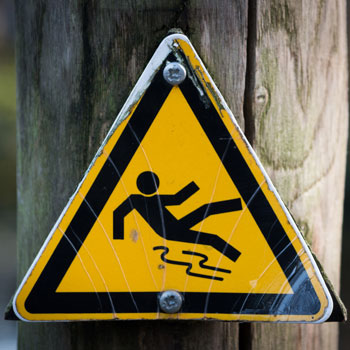 General Liability
General Liability
Various forms of liability insurance have been designed to protect and insure against many of the liabilities truck owners can face while in business. It is important however, to distinguish between an individual’s legal liability and the coverage afforded by a particular liability policy.
Whether the individual is covered against such liability depends on the provisions, conditions, and exclusions of the liability coverages he has purchased. For this reason, an insurance agent, who wishes to advise a client properly, must be familiar with all of the insured’s legal obligations to others, and with the coverages and endorsements which are available to protect against these hazards.
An analysis of an insured’s “exposure” to claims often reveals the need for protection under several liability policies with additional endorsements. In some cases, it may be found that the insured faces exposures to liabilities that are not covered in any of the standard policies. Depending on the individual circumstances, it may be possible to arrange for coverage by special agreement with the insurance company.
 Occupational Accident
Occupational Accident
Occupational accident is not the same as workers compensation, but does offer some coverage for covered workers. It is usually an accident policy/disability policy with weekly indemnity for usually a two year period and an accidental death policy.
There are limits of usually $300,000 on the accident policy but no limit on workers compensation. Disability is usually for two years maximum on the occupational accident policy, compared to no limit on workers comp policy. Accidental death benefits of $100,000 are the same on both types of policies.
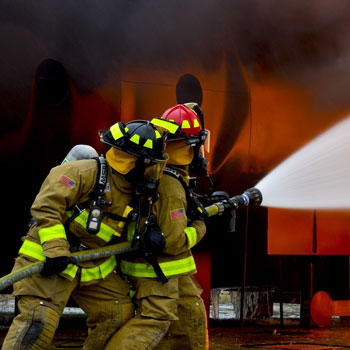 Property
Property
The basic property policy covers the insured’s property for the following perils: fire, lightning, windstorm and hurricane, hail, explosion, riot, civil commotion, aircraft, vehicle damage and smoke damage.
The “broad form” policy, adds the following to the basic policy: vandalism and malicious mischief, incidental discharge of plumbing or heating, rupture or bursting of water pipes, fall of trees, falling objects, freezing of plumbing, collapse of building from weight of ice or snow and glass breakage.
The Special Form or “all risk” policy covers everything except what is excluded. The term “all risk” is a misstatement, because all policies have exclusions. You should always read the exclusions on any type of insurance policy you purchase. The exclusion could possibly exclude the very coverage you needed to insure.
Trailer Interchange
In wide use in the trucking industry are exchange agreements between truckers to exchange trailers. Under this endorsement, the insured is covered for damage to the borrowed trailer and its equipment.
